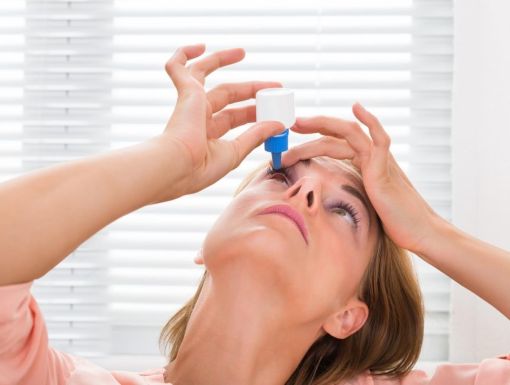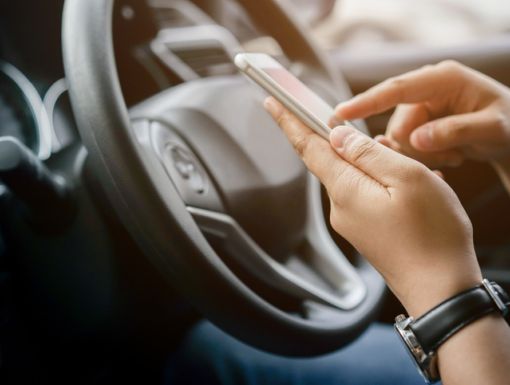
Coronavirus and contacts: Should you stop wearing them?
If you are one of the estimated 45 million people in the United States who wear contact lenses, you may want to consider extra precautions in order to maintain eye health. Preventing the spread of the coronavirus by wiping down high-touch surfaces, wearing face masks, washing your hands and covering your cough are great steps, but what about protecting your eyes? Here are some things to know.
1. How likely is it to contract coronavirus through the eyes?
While doctors agree that contracting the coronavirus through your eyes is unlikely, it still is possible. A person is more likely to inhale the virus through droplets via their mouth or nose. However, if you aren’t wearing protective googles, the droplets can enter through your eyes. You can also become infected with the virus if you touch an infected surface and then touch your eyes.
2. Make the switch to glasses
You might want to rethink wearing your contacts. Not only do glasses prevent you from touching your eyes twice a day, they can also act as a barrier. Your glasses can act as a shield for your eyes. It’s not complete protection from the sides and top and bottom of your frames, but it helps. Make sure to wash your glasses with mild soap and water and dry with a soft, lint-free towel on a regular basis. Remember: if you are sick, you should not wear your contact lenses and wear glasses until your condition has resolved.
3. Practice good contact lens hygiene
If you do wear contact lenses on a regular basis, then make sure you are practicing the best contact lens hygiene. If you been neglecting those tips your eye doctor gave you, here is a quick refresher.
- Wash and dry your hands before placing or removing your contact lenses.
- Clean your contact lenses. Gently, rub the contact lenses with your fingers and rinse them thoroughly before storing the lenses in their case with a multipurpose solution that completely covers each lens.
- Store lenses in the proper lens storage case. Replace your case every three months.
- Empty the solution and clean the case after each use. Make sure to keep it open and dry between cleanings.
- Only use multipurpose products as recommended by your doctor. Do not use rewetting or saline drops instead of the multipurpose solution.
- Never reuse old contact lens solution. Change your solution daily or as recommended by the manufacturer’s instructions. It’s important to do this even if you don’t use your lenses daily.
- Do not wear lenses more than the scheduled period.
- Avoid wearing contact lenses while swimming or showering.
Also, this could be a good time to try daily disposable contact lenses in order to reduce opportunities for surface inflammation and infection that are associated with reusable monthly replacement contact lenses.
4. Is conjunctivitis a symptom of the coronavirus?
Conjunctivitis, commonly known as “pink eye,” has been reported in a handful of cases associated with the coronavirus but other viruses frequently may be the cause. Pink eye occurs when viruses stick to the conjunctiva, which is the thin mucus membrane that covers the eyeball and the inside of the eyelid. Symptoms of conjunctivitis include; itching, burning, pus, yellow-colored discharge, blurred vision and red or pink in the whites of your eye. This highly contagious virus can spread by touching fluid from an infected person’s eye or coming to contact with surfaces that carry the fluid. Therefore, it’s important to wash your hands, especially if you a still wearing contact lenses as they sit on the conjunctiva.
5. What to do if you are experiencing eye problems?
If you are experiencing a severe condition or an eye emergency, contact your eye doctor right away. They will be able to alert you to the protocols required for your visit. Be sure to mention if you have been experiencing a cough or a fever or have come into close contact with someone who has experienced these symptoms. If your issue is not an emergency, you might be asked to stay home.
The information in this blog post is accurate at the time of publication. However, as the situation surrounding COVID-19 continues to change, it's possible that information has changed since being published. While Ochsner Health is trying to keep our blog posts as up-to-date as possible, we also encourage readers to stay informed on news and recommendations by using the CDC website.


